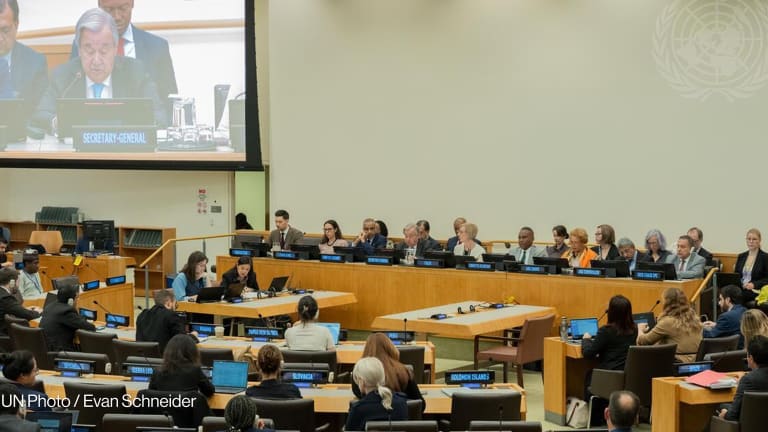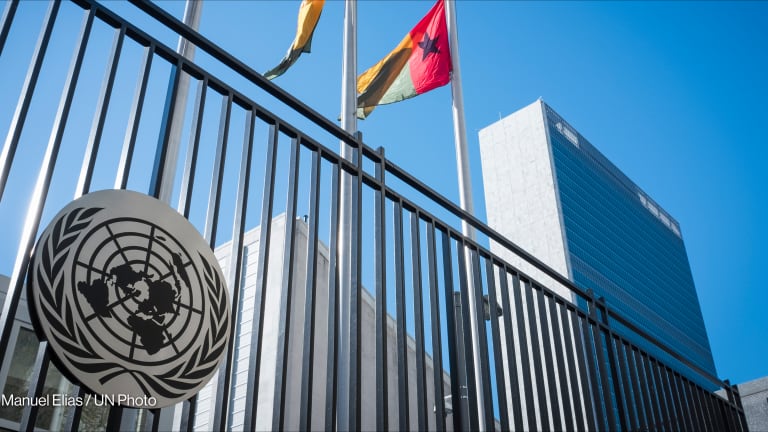The island nation of Cyprus is challenging Palestine in the race for the presidency of the U.N. General Assembly in 2026-2027, setting the stage for a competition that risks roiling U.S. relations with the United Nations.
The annual presidential election of the U.N.’s 193-member state body is typically a low-key affair, elevating a former head of state or foreign minister to an often ceremonial job with little real power.
But the decision of the U.N.’s Arab Group, which represents 22 Arab countries, to nominate the Palestinian U.N. representative, Riyad Mansour, is likely to trigger a political battle with the Trump administration and Congress.
Printing articles to share with others is a breach of our terms and conditions and copyright policy. Please use the sharing options on the left side of the article. Devex Pro members may share up to 10 articles per month using the Pro share tool ( ).








